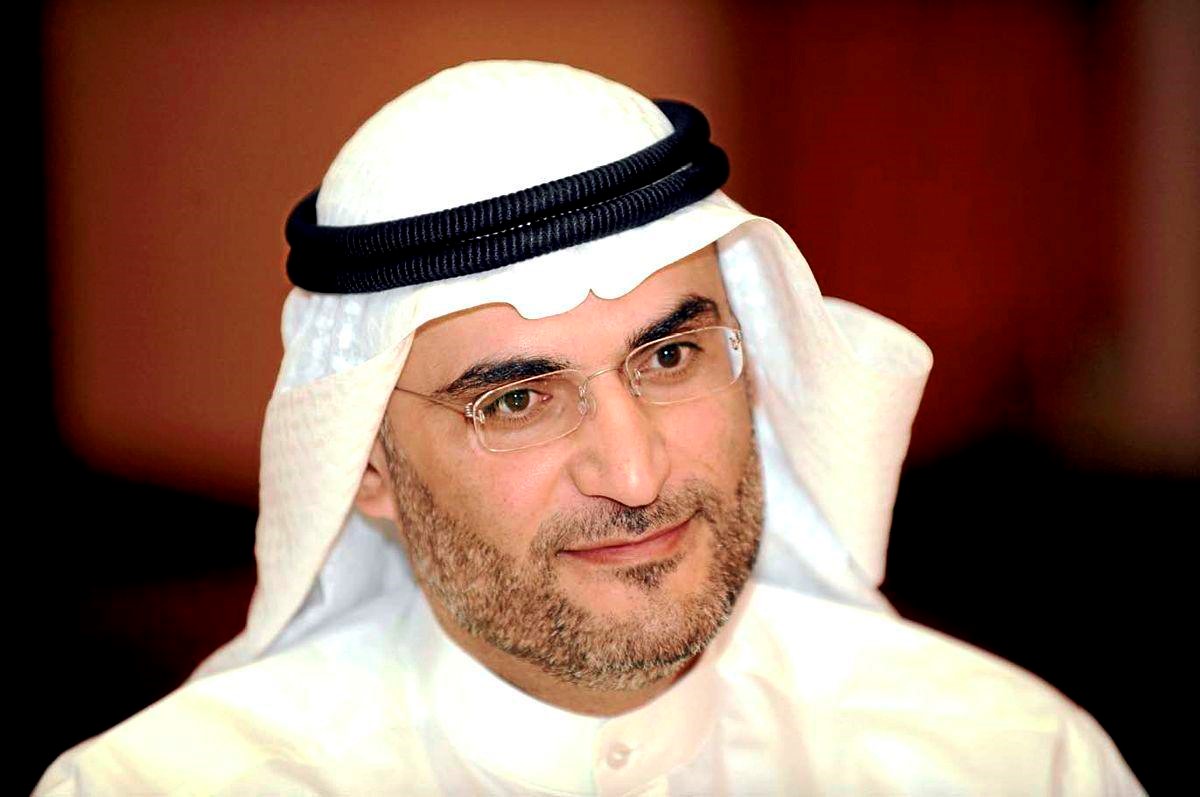Overview
In today’s ever-connected digital world, we are no longer immune to cyberattacks; recent reports highlight that a cyberattack occurs every 39 seconds in the United States! Once a cyberattack happens, millions of people could be harmed, and billions of dollars will be lost; Government-run organizations can be shut down and services can’t be provided to citizens. The InfoSec Summit 2021 virtual event highlights the latest insights on risk management, privacy, cybersecurity, and resilience. InfoSec Summit 2021 is hosted by the Department of Information Science, College of Life Sciences at Kuwait University and under the Patronage of the President of Kuwait University and in Collaboration with the Communication and Information Technology Regulatory Authority (CITRA) and the United States Embassy in Kuwait.
Date
Monday, June 21, 2021 | 12:00 PM – 2:45 PM
Schedule
Master of Ceremony, Ms. Aisha Al-Ajeel

Dr. Dari Alhuwail
Acting Department Chair, Information Science Department, Kuwait University

Dr. Abdullah Almutawa
Acting VP for Academic Support Services, Kuwait University

Prof. Ahmad Allafi
Acting Dean, College of Life Sciences, Kuwait University
Mr. Waleed Saleh Al-Qalaf
Board Member, CITRA
بناء فضاء سيبراني آمن
نبذة:
يدرك الجميع أهمية بناء فضاء سيبراني آمن وتؤكد على الزامنا المشترك لجعل الكويت أكثر أمناَ وتطوراَ لمواجهة أخطار هذا الفضاء. في السنوات القليلة الماضية أظهرت أن تدابير الأمن السيبراني التقليدية لم تعد كافية لحماية المؤسسات، مما يضع الكويت أمام تحديات كبيرة ورئيسية في الفترة المقبلة ممثلة في تنفيذ الاستراتيجية الوطنية للأمن السيبراني وفق الخطة المعد لها وتجاوز هذه التحديات يتطلب تكاتف قطاعات الدولة العامة والخاصة.

Dr. Reem Alshammari
Digital Transformation Leader of Corporate Solutions & Digital Oil Fields, Kuwait Oil Company

Eng. Mohammed Aldoub
Cybersecurity Consultant and Global Trainer
Less is More: Cyber resilience in government
Abstract:
Government cyber security and resilience challenges differ greatly from the private sector, and while most cyber security and resilience expertise and best practices come from the private sector; applying it to the government sector is a whole different game. Driving factors in the Gov sector differ greatly, and so does the cyber security and resilience challenges. In this talk I will propose massive changes and perspective shifts that can help the government sector better plan for cyber security and resilience using the motto of "Less is more".
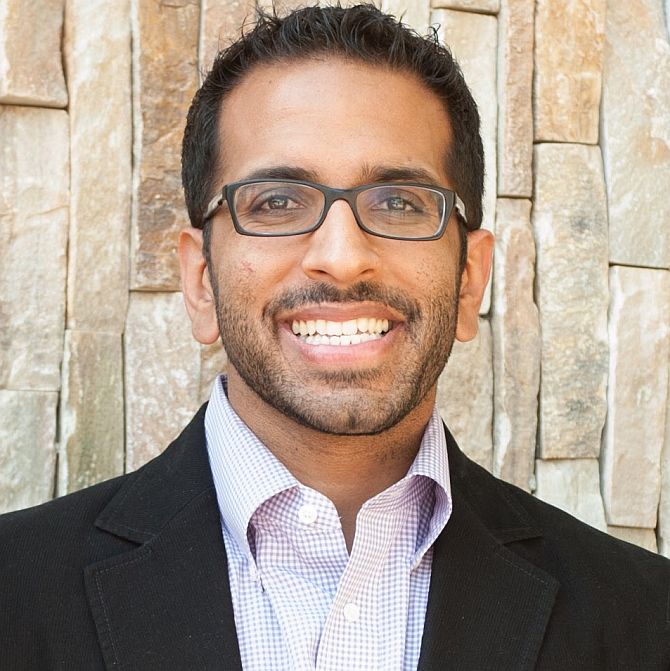
Mr. Puneet V. Kakkar
Resident Legal Advisor to the Gulf, U.S. Embassy, Kuwait
From Guns to Keyboards: Cyberterrorism and Resilience in the Digital Battlefield
Abstract:
Terrorists have taken their techniques of attacks from the battlefield to the digital field. Over the past few years, terrorist groups and those sponsored by nation-states supporting terrorism have attacked, and attempted to attack, critical industries through sophisticated hacking mechanisms. These malign actors seek to further their goals of disrupting peace in other countries and raise money to sustain their efforts. The United States has responded to these concerns by investigating and prosecuting these illicit actors, sanctioning their ability to do business, and working with the private sector to ensure that the community can preempt, mitigate, and address cyber attacks. Cyberterrorism is one example of the importance of an overall resilience strategy for all actors who have a presence online. This discussion will describe recent threats in this realm, efforts to preempt and mitigate these types of attacks, and best practices for victim response and reporting of cyber incidents.

Eng. Ali Al-Enizi
Group Leader: Infrastructure and Cybersecurity, Kuwait Aviation Services Company; Board Member, Automated System Company
Aviation Digital Transformation: Cybersecurity Challenges and Industry Future
Abstract:
The aviation industry relies on a quite complex infrastructure integrated into multiple systems that need to be individually and holistically protected.
Maintaining safe, secure, and resilient operations is a top priority for aviation. Digital transformation brings many advantages to aviation, but at the same time, create challenges in managing cyber vulnerabilities in this complex environment. The airline industry is an attractive target for cyber threat actors with a multitude of motivations, ranging from stealing value in data or money to causing disruptions and harm. Cybersecurity is often the specter that comes with any digital transformation.
During the session, AlEnezi will talk about the current cybersecurity challenge in Aviation and future plans aim to provide a seamless inflight experience.
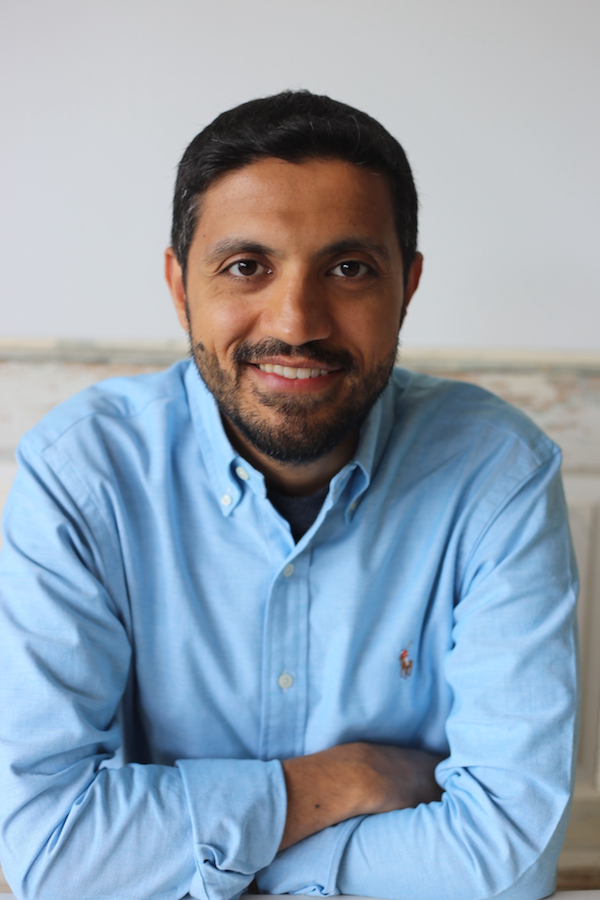
Dr. Hussain Al-Mohri
Assistant Professor, Computer Science Department, Kuwait University
Is policy to be blamed?
Abstract:
Securing systems requires the right policy and the right mechanisms to enforce the policies. When systems fail to protect one of the major security requirements (integrity, confidentiality, and availability), we often blame the mechanism (i.e., the enforcement component) and look for points of failure in the system, sometimes as software vulnerabilities. Instead, we ask if our policy is to be blamed for the failure of the system? Did we invest enough energy in analyzing and designing the right policy? This talk will briefly point out and discuss the difficulty of analyzing security and designing the right security policies.

Dr. Ameer Mohammed
Assistant Professor, Computer Engineering Department, Kuwait University
Cybersecurity Implications of Quantum Computing
Abstract:
Current technological advancements in digital computation and communication have given rise to a variety of innovative and groundbreaking applications. However, as the technologies underlying these applications are still in their early stages, it is vital that the impact they have on the security and privacy of users is carefully studied before full-scale deployment is considered. In this talk, we will focus on one such emerging technology: quantum computing. We will briefly outline the basics of operation of quantum computers and explain the motivation behind their use over classical computers. We then explore the impact that quantum computation would have on cybersecurity, highlighting not only its usefulness as a powerful mechanism for enabling highly secure protocols, but also its controversial application as a tool for breaking existing “weak” security. Lastly, we will go over some current cybersecurity challenges and expectations for the future as quantum computers approach realization.
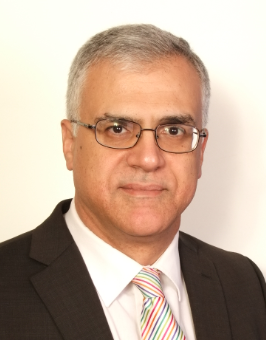
Prof. Kassem Saleh
Graduate Programs Director, Information Science Department, Kuwait University
Building Cybersecurity Knowledge and Capabilities in Kuwait
Abstract:
In this talk, we briefly present the cybersecurity capability maturity model and its dimensions including building cybersecurity knowledge and capabilities. We then present the four factors contributing to this dimension, that is, awareness, education, professional training, and research and innovation. Finally, we reflect on the situation in Kuwait with respect to this dimension and its factors, and we recommend developing a national strategic plan to address and enhance the maturity of cybersecurity capacity.

Pro. Kassem Saleh
Graduate Programs Director, Information Science Department, Kuwait University
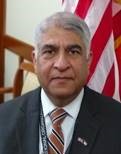
Mr. Vivek Joshi
Deputy Counselor for Economic Affairs, U.S. Embassy, Kuwait

Eng. Ali Al-Khaled
Head, IT Security Unit, Central Bank of Kuwait
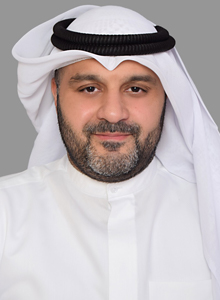
Eng. Meshal AlZayed
Head of Emergency Response section, CITRA

Moderated by:
Dr. Omar Al-Ibrahim
Assistant Professor, Information Science Department, Kuwait University

Dr. Dari Alhuwail
Acting Department Chair, Information Science Department, Kuwait University
Recording
Recommendations
- Conducting a comprehensive periodic assessment of the level of cybersecurity in the State of Kuwait on all sectors and identifying the gap to reach the desired level, in addition to a periodic review of all laws, legislation and public policies to enhance the concepts of cyber and information security and raise awareness in society.
- Develop skills and prepare human cadres in the field of cybersecurity as quickly as possible to bridge the gap in the current and future workforce through academic training programs.
- Urgent establishment of the National Cyber Security Center to secure all vital facilities in various fields such as energy, health care, financial services, communications and smart cities.
- Enhancing the resilience, capabilities and flexibility necessary for cyber resilience in various sectors (public, private, civil), especially sensitive, at the national level by investing in infrastructure, software and building human capital in the field of cybersecurity.
- Synergizing local efforts, achieving cooperation and exchanging experiences at various levels and in all sectors to face common challenges in the digital space and twinning these efforts with their regional and international counterparts to develop the cybersecurity system. In addition to promoting scientific cooperation, knowledge exchange, capacity building, and conducting research, in order to reach best practices in the field of cybersecurity.
